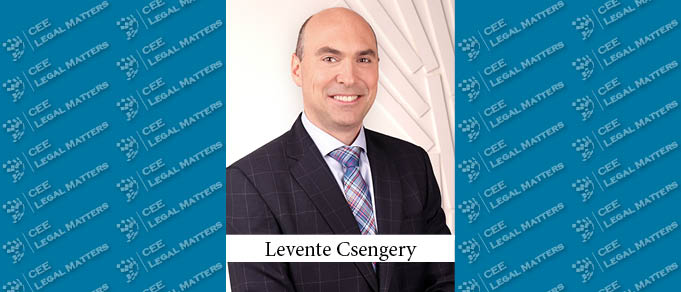According to the Hungarian Labor Code, employers shall keep records of the durations of regular working time and overtime, standby duty, periods of leave and overtime work performed. The working time records should be updated on a daily basis and should contain facilities to identify the time of commencement and end of any regular and overtime work and standby duty. Records of the durations of regular working time and overtime may be maintained in the form of verifying the work schedule made out in writing at the end of the month, updated on a daily basis. The Labor Code, however, does not address the question where the working time records should be physically stored.
Under the previous Labor Code, the practice was to keep records at the place of work. This rule was developed for practical reasons, to ensure that any shortcomings in the register were dealt with as quickly as possible, given the state of technology at the time. The Curia had ruled in accordance with this practice, and stated that working time records must meet the requirements of completeness, verifiability, up-to-dateness, authenticity and availability in the workplace. However, at a later stage the Curia came to the opposite conclusion, meaning that the requirement to keep up-to-date records of working hours does not imply that they must be effectively available at the place of work. Since the Curia’s decisions took opposite positions on the availability of working time records at the workplace, it became necessary to refer to a legal uniformity decision.
In its legal uniformity decision issued in the summer 2022, the Curia stated that the purpose of the working time register is twofold, being partly public and partly private. The former is intended to ensure the supervisory and control activities of the public authority, while the latter facilitates the enforcement of employees’ claims relating to rest periods and working time. In order to achieve this dual objective, the working time records must be objective and reliable, i.e., authentic.
The Curia also stated that the Labor Code does not contain any explicit provision that the employer must keep working time records in a manner that allows immediate inspection at the place of work, but it follows that the records must be reliable and verifiable, in addition to being up-to-date, both for the employee concerned and for the authority carrying out the inspection.
The diversity of systems for keeping records of working time and the nature of work now means that it is only possible to decide in a specific case whether an employer has complied with its legal obligation to keep records of working time, by taking into account the method of recording used by the employer and the circumstances and nature of the work.
In summary, the verifiability of the working time record must be ensured during the course of the audit, but not necessarily at the place of work where the audit is carried out. Therefore, according to the Labor Code, the employer is not obliged to keep the working time records on the spot, but must keep them objectively, reliably, up-to-date and in a way that allows for their verification.
By Levente Csengery, Partner, KCG Partners Law Firm




